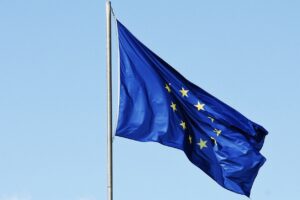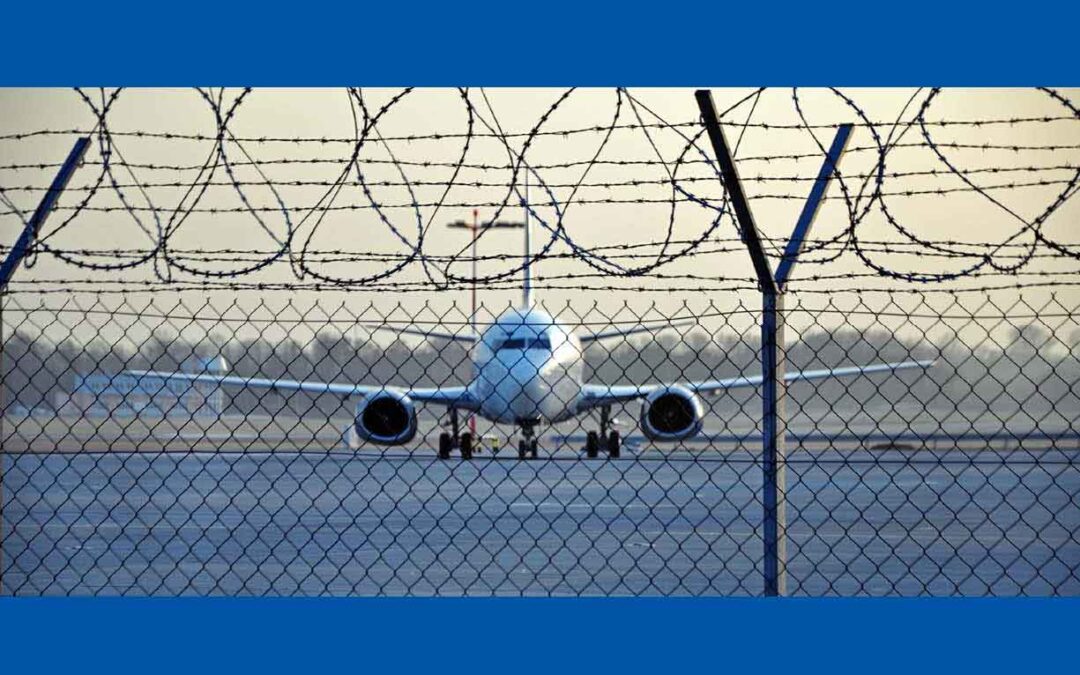
Sep 15, 2017 | News, Publications, Reports, Thematic reports
Failure to assert the rule of law in the transfer of suspects across borders perpetuates violations of human rights in cases where national security is invoked, a new ICJ report finds.
Released today, the ICJ report Transnational Injustices – National Security Transfers and International Law documents laws and practices in the OSCE region involving transfer of national security suspects by all possible means without regard to national law or States’ international legal obligations.
“This report demonstrates that, under different guises, some States still continue to abuse extradition and expulsion procedures and sometimes even to resort to abductions and renditions in cases related to counter-terrorism or national security,” said Róisín Pillay, Director of the ICJ Europe and CIS Programme.
“This has pernicious consequences for the respect of human rights and the rule of law,” she added.
“In some states, such as in Russia and Central Asia, existing national legal procedures to protect against abusive transfers have been bypassed or ineffective,” Pillay said.
She added: “We need to put judges and human rights law at the heart of extradition procedures to ensure their effectiveness and to prevent arbitrary and extra-legal transfers of suspects.”
Lack of accountability in cases where suspects’ human rights have been violated fuels further abuses, the report finds.
“With the closure of the US programmes, renditions were thought to be over,” said Massimo Frigo, Legal Adviser at the ICJ.
“The almost complete lack of accountability for US renditions has provided a blank check of legitimacy to any countries trying to bend or break the rules at the expenses of the basic safeguards of one’s human rights,” he added.
Background
Practices in a number of States in recent years have highlighted the serious implications for human rights and the rule of law of transfers of people based on national security and criminal cooperation grounds in the Russian Federation, Central Asia and beyond.
Extraditions, expulsions and, sometimes, transfers occurring outside of the legal framework have triggered international reactions and rulings of international courts and quasi-judicial bodies.
The ICJ report Transnational Injustices – National Security Transfers and International Law is based on research of these practices, documenting illustrative cases, and the applicable legal framework.
The report analyses extradition, expulsion and informal transfers in the Russian Federation, Central Asian countries and EU Member States, as well as the rendition practices in the United States and assesses the situation against international human rights law.
The report offers concrete recommendations for change based on the comparative experiences of selected EU member States.
Contact:
Róisín Pillay, ICJ Europe Programme Director, t: +32 2 734 84 46 ; e: roisin.pillay(a)icj.org
Massimo Frigo, ICJ Legal Adviser, t: +41 22 979 3805 ; e: massimo.frigo(a)icj.org
Europe-Transnational Injustices-Publications-Reports-Thematic reports-2017-ENG (Full report in English, PDF)
Europe-Transnational Injustices-Publications-Reports-Thematic reports-2017-RUS (Full report in Russian, PDF)
Europe-Transnational Injustices-ExecSummary-Publications-Reports-Thematic reports-2017-ENG (Executive Summary in English, PDF)
Europe-Translational Injustices-ExecSummary-Publications-Reports-Thematic reports-2017-RUS (Executive Summary in Russian, PDF)
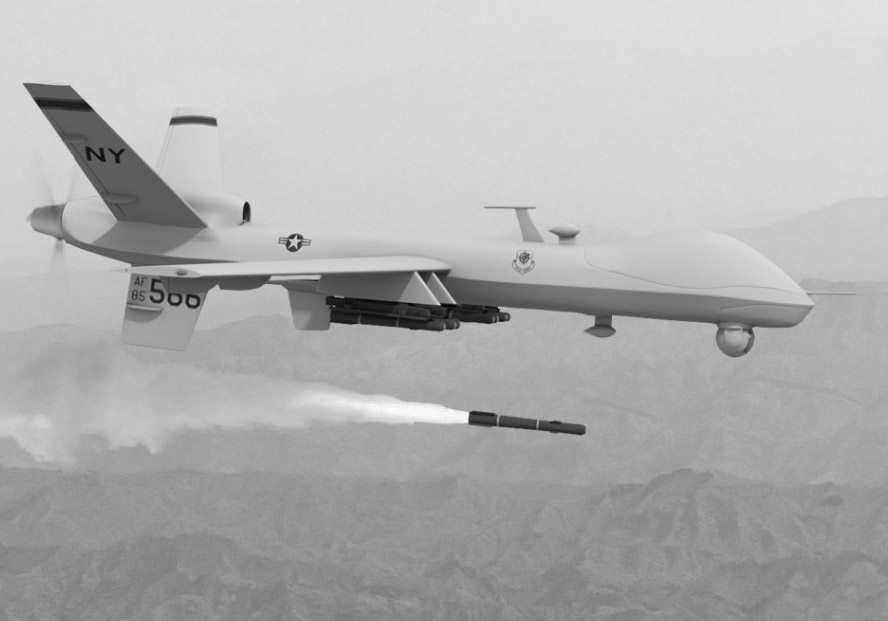
Sep 13, 2017 | Incidencia
Drones han causado daño a comunidades, incluidas víctimas significativas; generado serias preocupaciones legales y éticas; y amenazado el orden internacional y el estado de derecho al reducir las restricciones políticas, prácticas y tecnológicas sobre el uso de la fuerza.
Los Estados deben de estar conscientes de que las características específicas de estas tecnologías facilitan la expansión global del uso de la fuerza letal.
Por consiguiente, los Estados no deben ignorar las reglas históricas del derecho internacional que rigen el uso de la fuerza.
Por lo tanto, el uso, la implementación, y la proliferación creciente de drones son retos fundamentales que necesitan atención.
Universal-Dronestandards-Advocacy-2017-SPA (Texto completo en PDF)
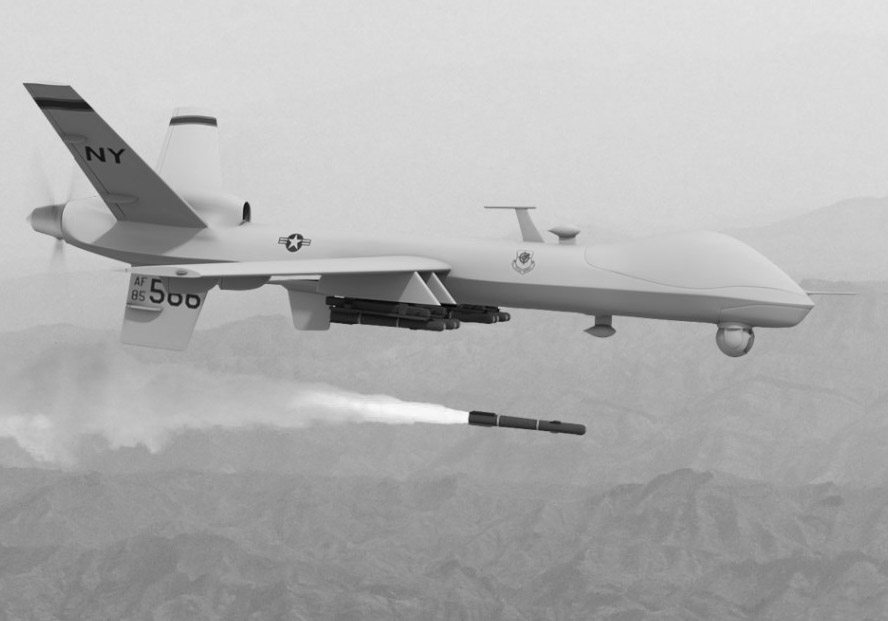
Sep 13, 2017 | Advocacy
The ICJ joined 17 other organizations in calling for robust and human rights compliant international standards to regulate the use of “Unmanned Aerial Vehicles” , developed through fully inclusive and consultative processes.
Universal-DroneStandards-Advocacy-2017-ENG (full PDF)
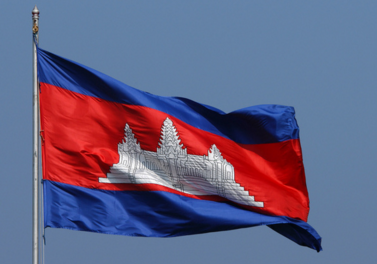
Sep 11, 2017
The 36th Session of the UN Human Rights Council, which commenced today, should adopt a resolution which directly addresses the unfolding human rights crisis in Cambodia, said the ICJ today.
The resolution should also urge the Cambodian government to curb its rights violations, and take steps to ensure that the upcoming elections take place in an environment in which everyone is able fully to exercise relevant human rights.
“It is imperative that the Human Rights Council addresses the rapidly deteriorating human rights situation in Cambodia,” said Frederick Rawski, ICJ Regional Director of Asia and the Pacific.
“The international community should strongly urge Cambodia to curb its human rights violations and adopt a course which fosters an environment that ensures respect for human rights as enshrined in the 1991 Paris Peace Agreements,” he added.
On 8 September 2017, the ICJ, together with Asian Forum for Human Rights and Development (FORUM-ASIA), CIVICUS, Human Rights Watch, International Federation for Human Rights (FIDH), and the World Organisation Against Torture (OMCT), wrote to the Human Rights Council Member and Observer States.
The letter urged them to speak out against the latest abuses clearly during the Human Rights Council session, and for the Human Rights Council to adopt a resolution that explicitly condemns the current situation of violations and accordingly.
1. The resolution should request a report by the UN High Commissioner for Human Rights, in consultation with the Special Rapporteur, that would:
- assess the civil and political rights situation in Cambodia in the pre-election period; and
- identify concrete actions that the Cambodian government and international community need to take to ensure that the conditions in which th election takes place accord with international human rights standards; and
2. The resolution should request the High Commissioner to provide an oral update to the Council at its 37th session in March 2018, and present his report at the 38th session in June 2018; and
3. The resolution should provide that at its sessions in March and June, the Council will hold an Enhanced Interactive Dialogue on relevant issues in Cambodia, including stakeholders such as staff from Cambodia’s OHCHR office, the Special Rapporteur on Cambodia, other relevant UN Special Procedures and members of local and international civil society.
The letter sets out a detailed list of examples of human rights violations which form part of a comprehensive campaign of intimidation, violence and misuse of legal mechanisms in the lead-up to next year’s national election.
These include the recent charging of the leader of the opposition, Kem Sokha, with treason in a case that has all the hallmarks of being politically motivated, the expelling of the leading pro-democracy NGO, the National Democratic Institute, and the intimidation and forced closure of several independent media outlets including the Cambodia Daily and Mohanokor Radio.
The 36th Session of the Human Rights Council, which is being held in Geneva from 11-29 September 2017, will address a number of human rights situations and issues from around the world, including the human rights situation in Cambodia.
At 11am on 19 September 2017, the ICJ, Human Rights Watch and other organizations plan to hold a public side event in Geneva to the Human Rights Council at which the rapidly deteriorating human rights situation in the country will be discussed.
On 26 September, the UN Special Rapporteur to Cambodia is scheduled to report to the Human Rights Council on the implementation of her mandate and the Council is likely to adopt a resolution to extend the mandate of the Special Rapporteur.
The Special Rapporteur will present her report and engage in a formal “interactive dialogue” with States, civil society and Cambodia on the human rights situation in the country (currently scheduled for 26 September).
The UN Secretary General is also due to report on the role and achievements of OHCHR in “assisting the Government and the people of Cambodia in the promotion and protection of human rights”. This report will be discussed, together with other country situations, during a General Debate taking place on 27-28 September.
Contact
Frederick Rawski (Bangkok), ICJ Asia Pacific Regional Director, e: frederick.rawski(a)icj.org
Kingsley Abbott, ICJ Senior International Legal Adviser for Southeast Asia, t: +66 94 470 1345 ; e: kingsley.abbott(a)icj.org
Cambodia-Joint Civil Society letter-Advocacy-Open letters-2017-ENG (text of letter, in PDF)
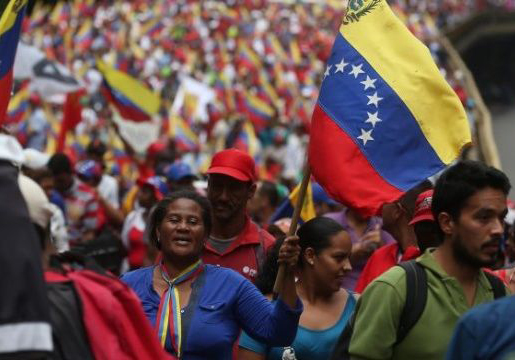
Aug 3, 2017 | News
The ICJ is deeply concerned by the Constituent Assembly elections held in Venezuela on 31 July and the violence that accompanied the process and left a number of people killed, injured or arbitrarily detained.
The ICJ considers that the election of a National Constituent Assembly (NCA) failed to comply with the Article 347 of the current Constitution, which provides the legal basis for convening of an NCA. In particular, a significant portion of the members of the NCA should be chosen in open and universal elections, but instead are to be selected from restricted social sectors.
Such arrangements undermine the right to direct, free, equal and secret elections recognized under international human rights standards, the Geneva-based organization adds.
“A Constitution which does not guarantee the basic principles of the rule of law and the validity of fundamental human rights and freedoms not only violates the international obligations of the Venezuelan State, but can also be used as a means of undermining the human rights of Venezuelans,” said Sam Zarifi, Secretary General of the ICJ.
The ICJ also calls for a prompt and independent investigation into alleged electoral fraud on the day of the poll.
The ICJ says that irrespective of its legitimacy, the new NCA must respect human rights and rule of law principles.
In particular, until the approval of a new Constitution, the NCA must respect the current Constitution of 1999, especially in terms of judicial independence, and protection of human rights.
Similarly, the new Constitution, which the NCA will draft, must also fully guarantee the basic principles of the rule of law, including the separation of powers, legislative autonomy, the independence of the judiciary, the subordination of military forces to the civil authority and the principle of legality and judicial control of executive actions.
The new Constitution also must fully guarantee the protection of human rights and fundamental freedoms.
It must enshrine the prohibition of trials of civilians by military courts, and ensure that states of emergency respect the requirements and guarantees of the Covenant International Covenant on Civil and Political Rights (ICCPR) and other international law and standards, the ICJ adds.
The ICJ also considers that the new Constitution, in addition to incorporating the human rights and fundamental freedoms already contained in the current Constitution, should add the express prohibition of extrajudicial executions, enforced disappearances, torture and ill-treatment, arbitrary detention, and other serious human rights violations.









